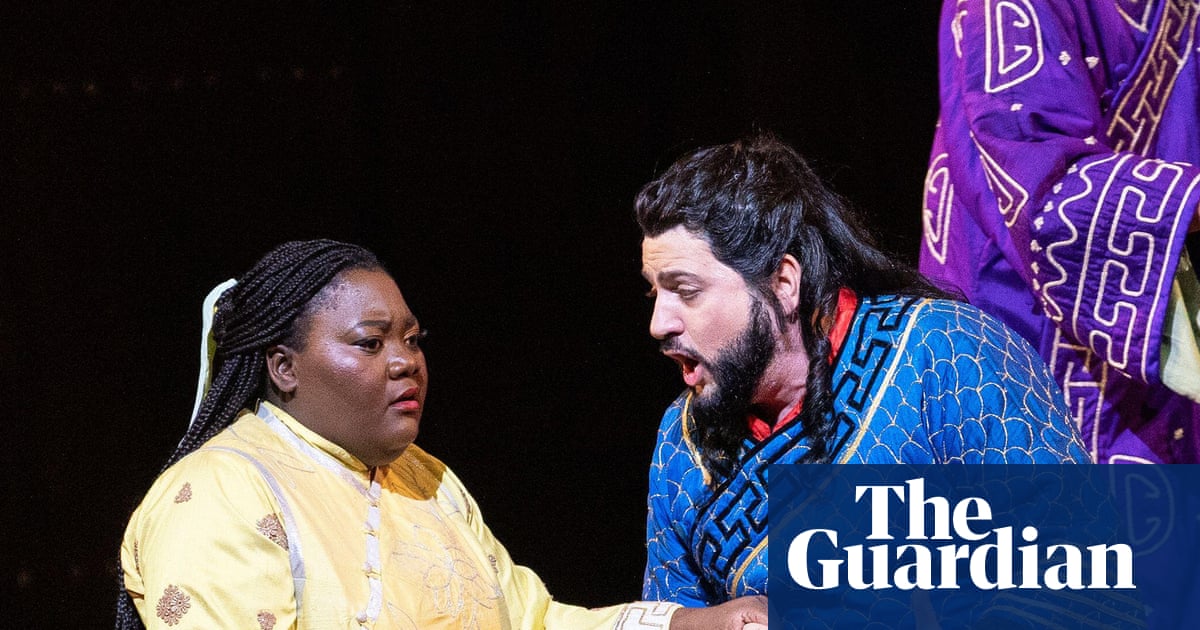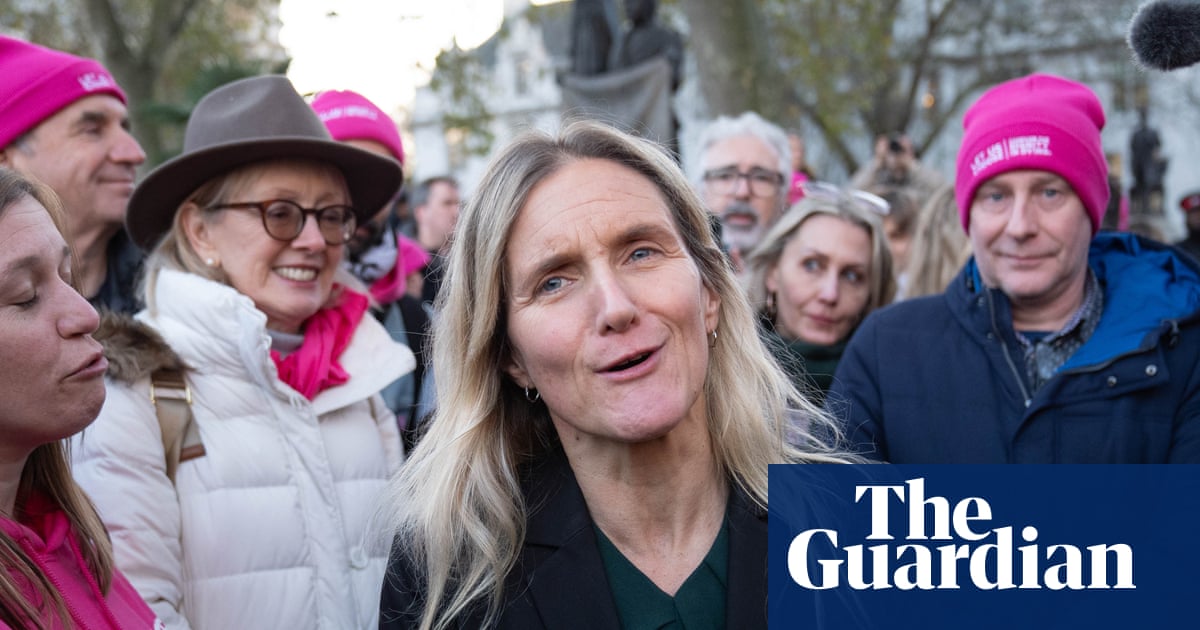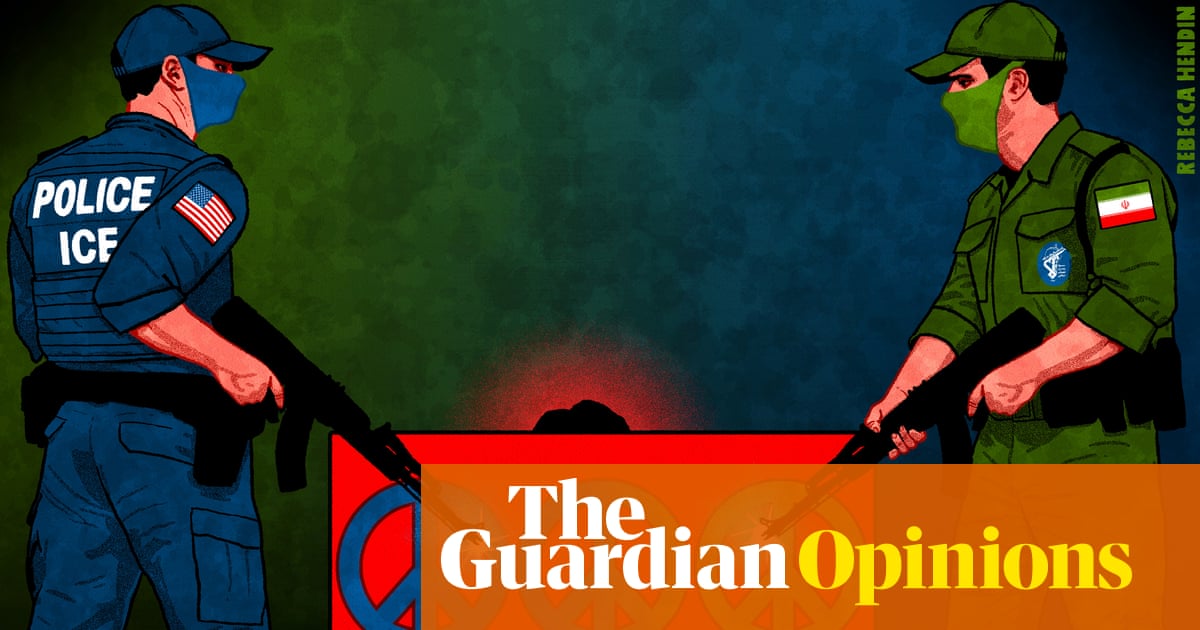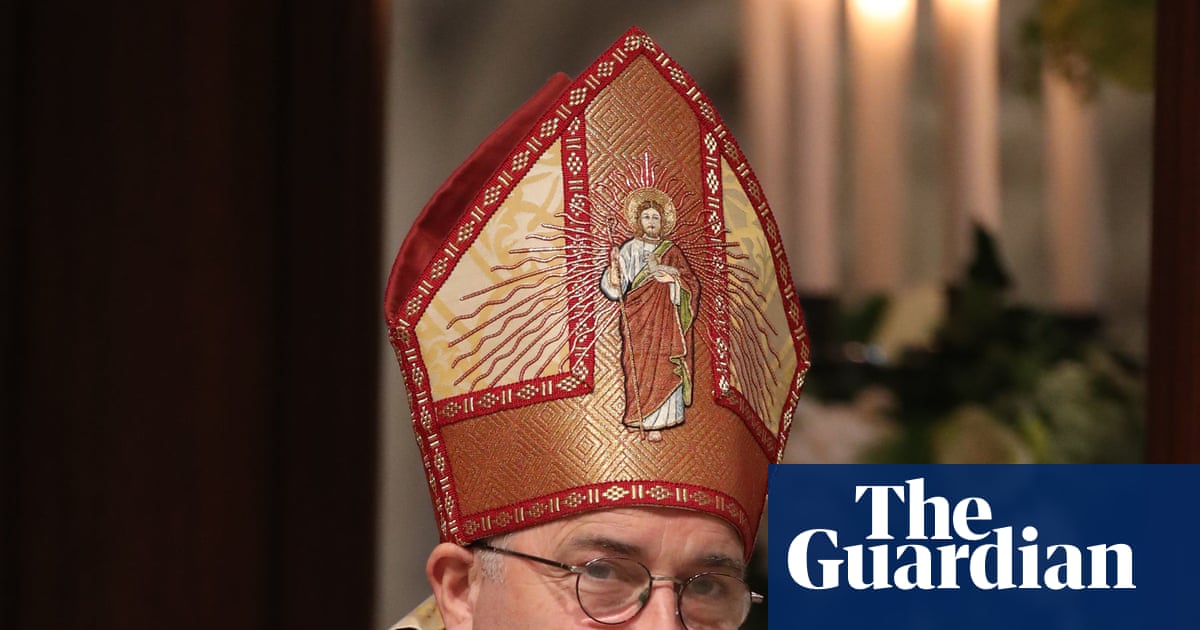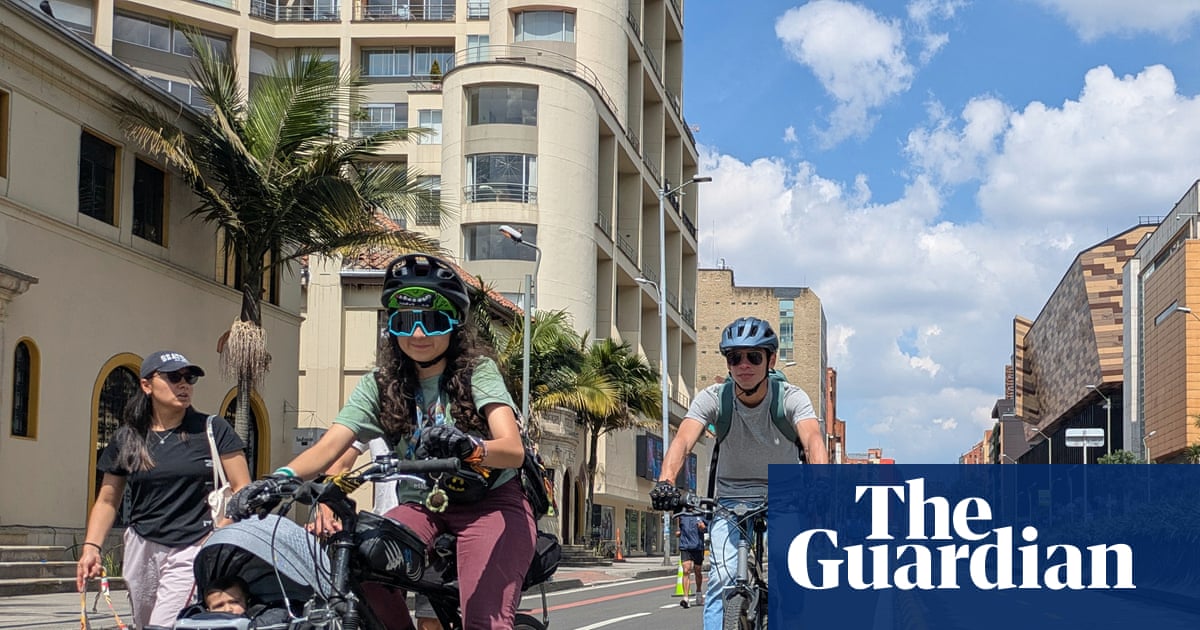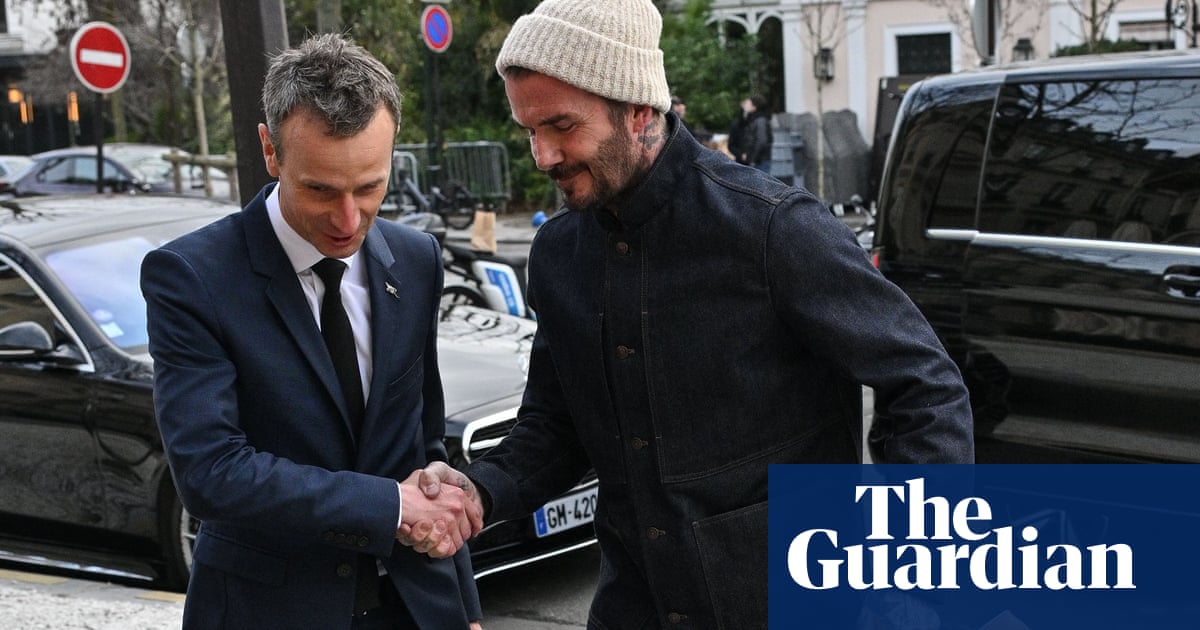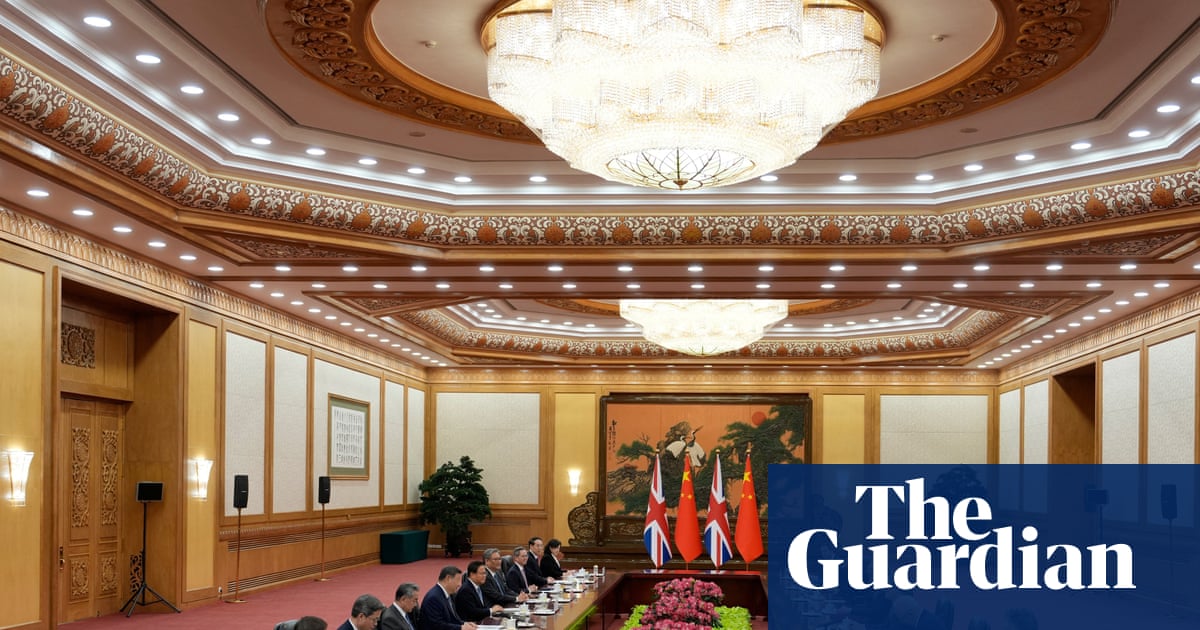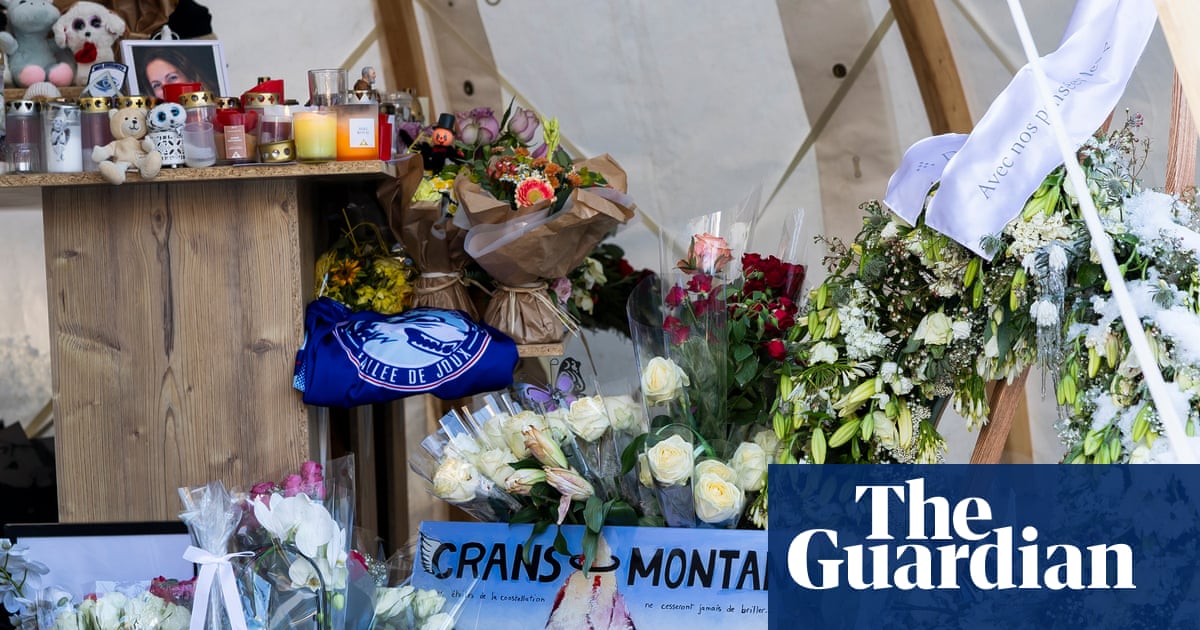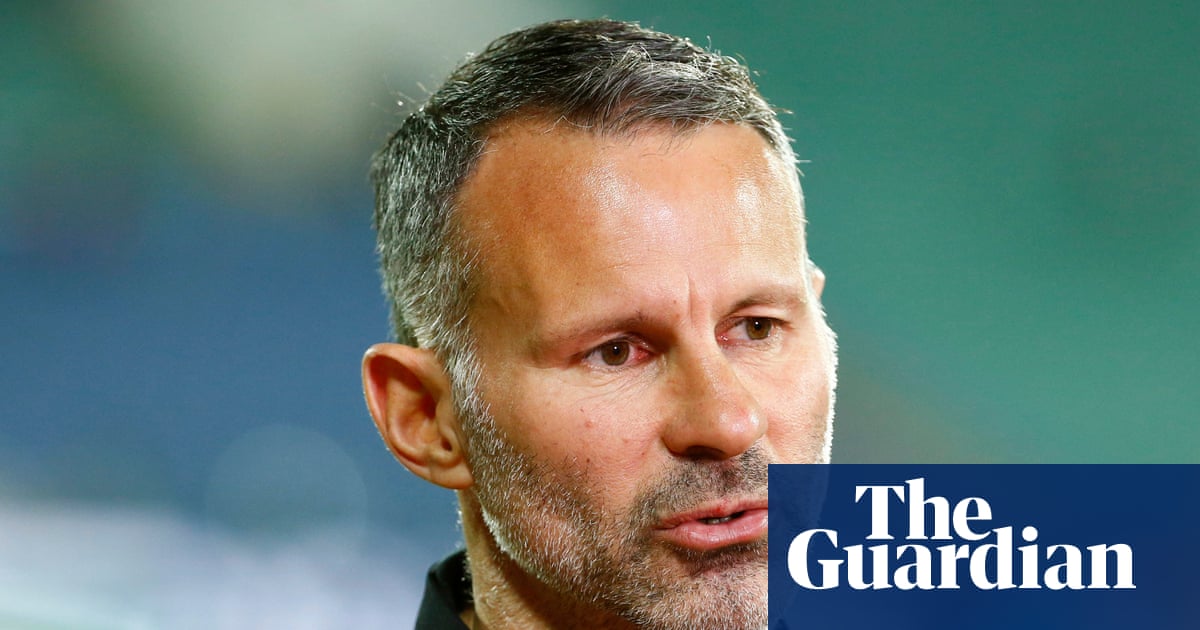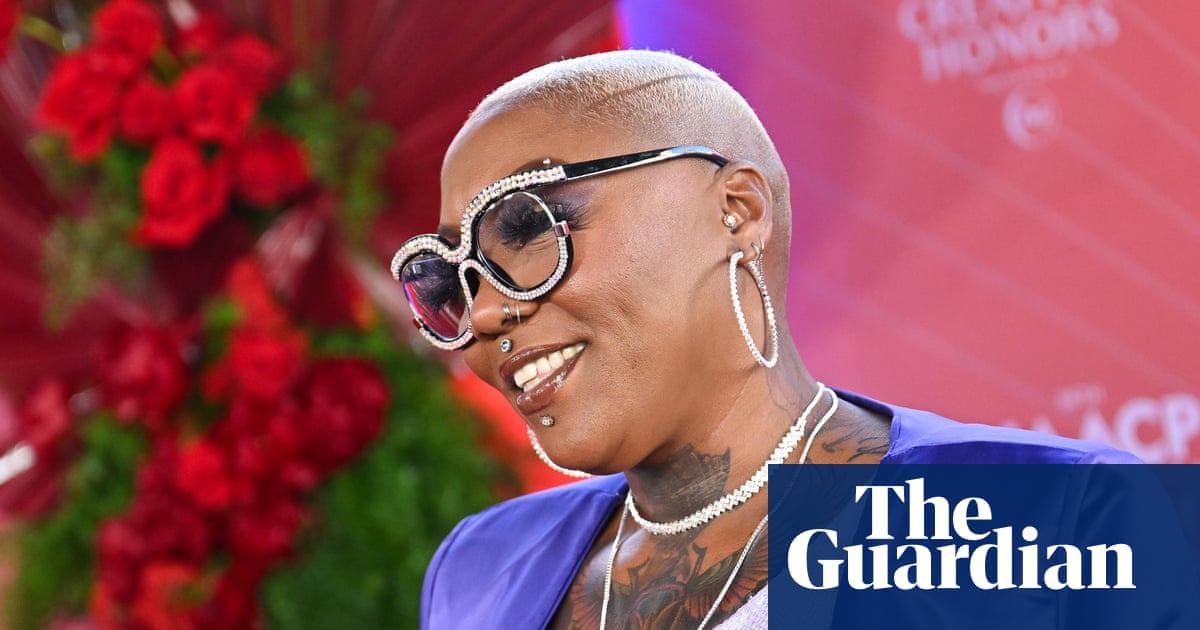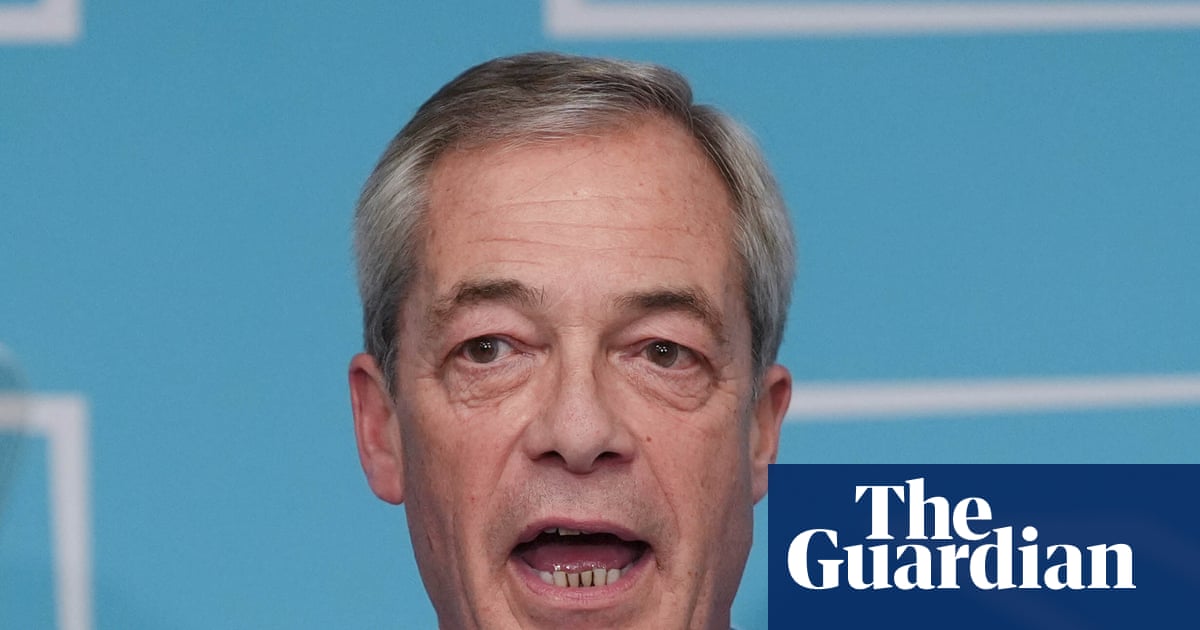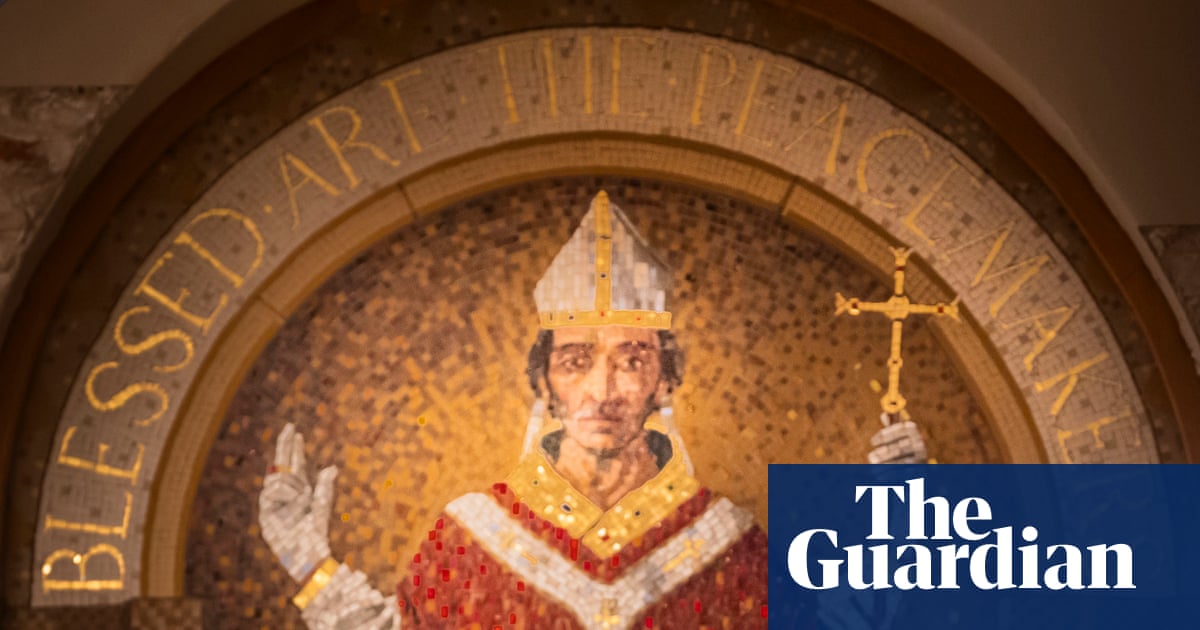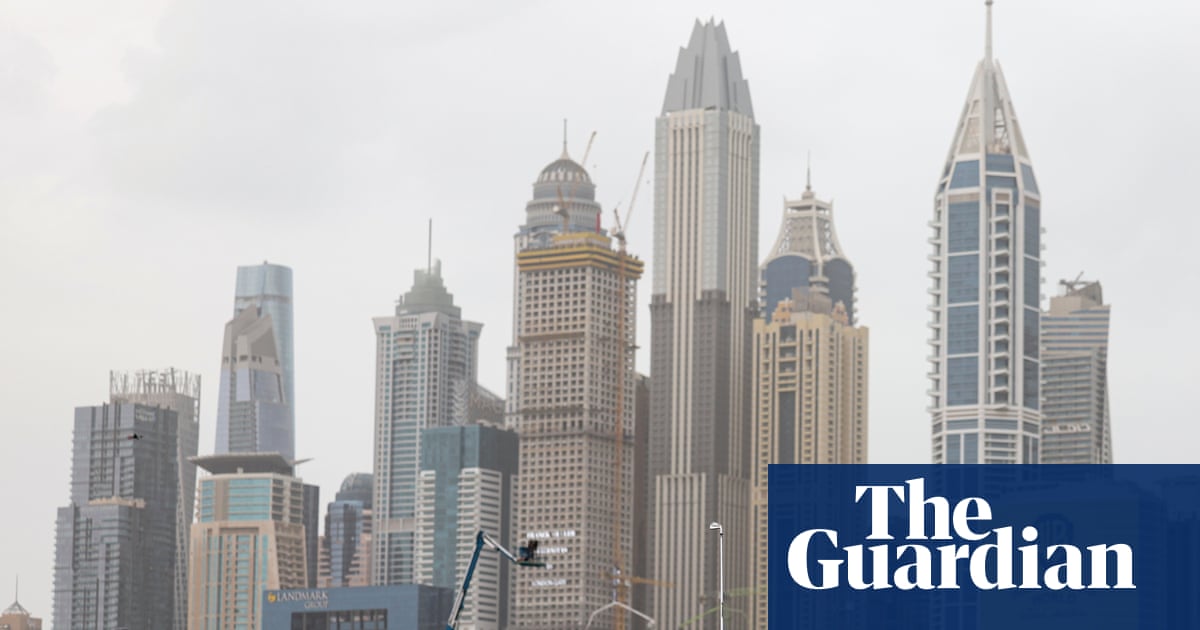In the city of Tabuk in the far north of Saudi Arabia, neon lights flicker on in an overcrowded ward of a prison marking the start of a new day.
The prisoners are waiting. When the guards enter, they know someone is about to be taken away. An execution squad of about 20 guards will approach an inmate quietly, whisper something in their ear and escort them out. Some break down in tears, others simply ask for forgiveness.
This is the fate of hundreds of foreign nationals who have been sentenced to death in Saudi Arabia for non-violent drug crimes, some for allegedly trafficking drugs for the promise of just a few hundred dollars.
Over the past four months, the Guardian has been speaking to family members of a group of Egyptian migrants held in Tabuk, the notorious “death” prison. They describe forced confessions, torture and an inability to afford lawyers to defend themselves.
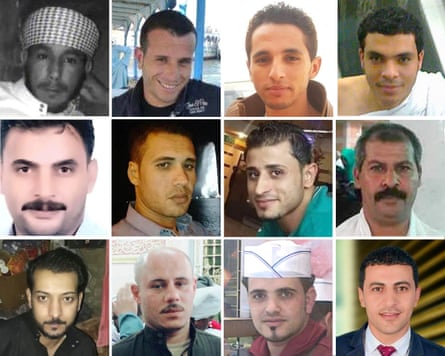
Many of those sentenced to death were probably innocent or forced into drug trafficking, say human rights groups. “They’re poor, they’re marginalised. No one listens to them,” says Jeed Basyouni from the charity Reprieve.
A temporary pause on executions in drug-related cases in 2021 led to hopes of reform under the rule of the crown prince, Mohammed bin Salman. Instead, the ban was lifted in November 2022 and followed by a “horrifying” surge in executions.
Since the start of 2024, at least 264 foreign nationals have been executed for drug crimes in Saudi Arabia, according to data shared by Reprieve. The country is the third biggest executioner in the world after China and Iran.
Late last year, the authorities in Tabuk prison began transferring inmates sentenced to death to a separate ward, nicknamed the “death wing”.

In the past, guards would warn inmates of imminent execution in advance, letting them shower and call loved ones. But some families say now they are only informed afterwards. Most are believed to be beheaded, but there is no certainty as bodies are not returned to families, only a death certificate.
Ahmed Younes Al-Qayed had been working at a hotel in Saudi Arabia when he was arrested in November 2016, then aged 32, on charges of drug trafficking. In December last year, he was one of 33 Egyptians on the ward at the prison. All faced the death penalty for non-violent drug crimes.
After Saudi Arabia announced its moratorium on executions, Qayed’s family say a court-appointed lawyer told them his sentence would be commuted to life in prison. He began to believe he might survive.
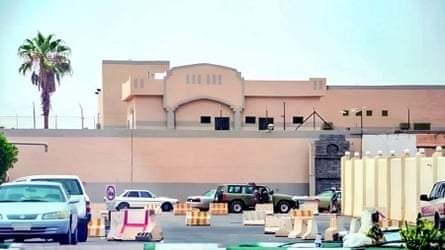
But soon after the prisoner’s arrival in Tabuk’s “death wing”, the executions began. It was clear that no one was going to be spared. Of the 33 Egyptians alive in the ward last December, 25 have been executed, including two in October this year, sentenced to death for drug trafficking.
For Qayed, the end came on 3 December when the door to his cell opened and guards calmly approached him and two other Egyptians. Other inmates say their hearts raced as the three were escorted out. He was the first in the group to die.
Qayed’s family say they are still trying to forget the torment of his final days. “We lived on edge,” says his cousin Hazem. Saudi authorities have not returned Qayed’s body and his family do not know where he was buried.
One of those in Tabuk still hoping for a reprieve is Youssef*. His mother says she checks her phone every hour, waiting for his daily call. She is his only lifeline to the outside world, listening to his stories and fears and trying to calm him.
Before his arrest, Youssef worked as a fisher and diver off Egypt’s Red Sea coast. Saudi authorities say he was found at sea, within Saudi waters, near a floating car tyre that contained a large stash of drugs. He was sentenced to death under charges of drug trafficking.
Youssef’s mother says she panics whenever a call doesn’t come. She has found some comfort in a WhatsApp group created by families of Egyptian death row inmates where they share news, fears and small reassurances.
“When one of us hears from a son, brother or husband, she posts in the group to let us know they’re still alive,” she says.
But the updates aren’t always hopeful. Over the past year, word of more executions has trickled in. Recently, Youssef stopped calling. He had been hospitalised after refusing to eat. It wasn’t the first time he had suffered a mental health crisis. His mother says he had previously received psychiatric treatment in Egypt.
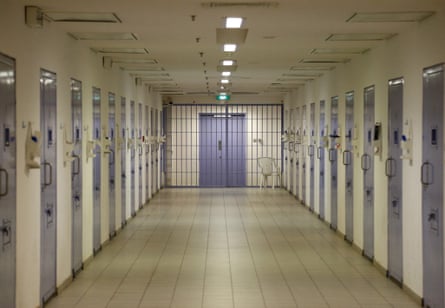
She recalls how, just before Qayed’s execution, his lawyer shared a message from him on the WhatsApp group: “Do something … not for me. I’ll be executed on Tuesday. Do it for the other 32 Egyptians. They’re going to execute us all.”
Families who have spoken to the Guardian say some inmates were tortured into confessing. The sibling of one prisoner says her brother has never confessed, but a man arrested at the same time did so under extreme duress. “The other man told him, ‘If they asked me to confess to murder, I would.’”
Most of the families say they could not afford lawyers and their relatives were not given a fair trial. The mother of one prisoner says she paid $11,000 (£8,400) for a private lawyer who, she says, failed to present key evidence. Afterwards, she says her son told her not to hire anyone else. “Save the money for my sisters. If it’s my fate to die, I will die.”
Youssef’s mother still clings to hope that he will be spared. “When he comes back, we’ll celebrate and I will invite everyone.” She says her son once had a dream: people were trying to kill him but somehow he escaped. When he told her about it, she says she told him: “It’s a sign from God. You will survive.”
The sibling of another prisoner says she still hasn’t told their mother the truth about her brother being on death row. “When he dies, I’ll just say he passed away naturally. She can’t know he was executed. He didn’t do anything to deserve this.”
* Name has been changed
* Names of those in photograph, clockwise: Muslim Suwailem Alyan, Hussein Sayed Abdel Baky, Tamer Farag Sinousi, Mohammed Ahmed Saad Mohammed, Farhat Fathi Abdel-Masoud, Ahmed Ali Younis Ali Mohammed Qaed, Hisham Abdel Hamid Mohammed Al-Tellis, Ahmed Zeinham Mohammed Omar, Hazem Sabri Abd Al Fattah Ziyad, Mohammed Ahmed Al-Mohammadi Arafat, Rami Gamal Shafik Al-Najjar and Mohamed Kamel Salah Kamel.

 2 months ago
47
2 months ago
47
